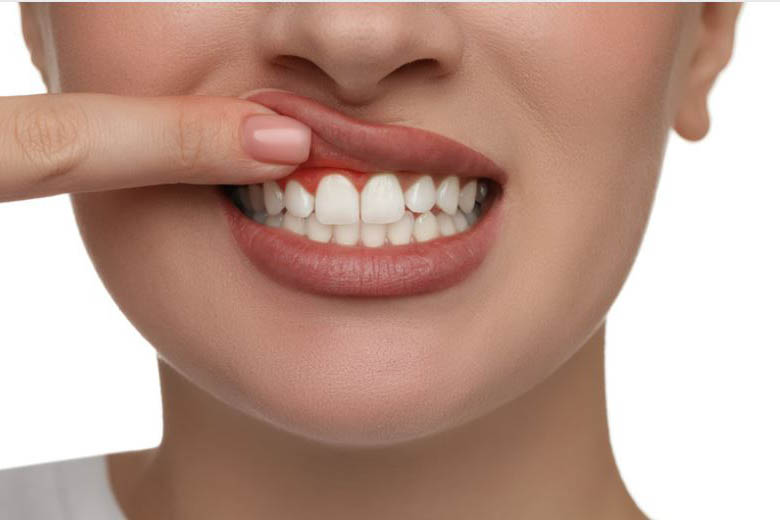
Gum Surgeries
Dental implants can significantly improve the quality of life and the health of a person who needs them.
What Are Gum Diseases?
Nearly 70% of the people are affected by this disease at some point in their life. Gum disease is an inflammation of the gum line that can progress to affect the bone that surrounds and supports your teeth. Gum Disease also known as Periodontal Disease begins with bacterial growth in the mouth, the localized inflammation of the gingiva is initiated by bacteria in the dental plaque, which is a microbial biofilm that forms on the teeth and gingiva. Though such a prevalent disease most people are unaware of the issue and the problems it can cause.
Symptoms Of Gum Diseases
- Bleeding of gums when you brush or floss your teeth
- Foul breath that doesn’t go away even after brushing
- Teeth loosening
- Spreading away of teeth or space increasing in between teeth.
- Pulling of gums away from the teeth
- Change in the way your teeth fit together when you bite (malocclusion)
- Pus discharge between teeth and gums
- Pain while chewing
- Teeth sensitivity
- Tender, red or swollen gums
- Ill-fitting partial dentures
- Deep space formation between gums and teeth


Treatment Option Of Gum Disease
The Gum treatment in kalyani nagar option depends on the stage of Gum Disease. It also depends on your medical history and your overall health.
The treatment options range from non-surgical therapies to surgical treatments.
The Non-Surgical Options Include:
- Deep Cleaning
- Scaling & Root Planning
Surgical Treatment Includes:
- Flap Surgery
- Bone Graft
- Soft Tissue Graft
- Guided Tissue Regeneration

Prevention Of Gum Disease
- Brush your teeth twice a day (with a fluoride toothpaste).
- Floss regularly to remove plaque from between teeth.
- Visit your dentist after every 6 months for a routine check-up and professional cleaning.
- Quit smoking
Frequently Asked Questions
Red, sore and tender gums are usually the first sign. Or bleeding gums after brushing can also be considered as the first sign.
Yes, it is treatable and preventable.
It totally depends on the stage it is in.
Certainly not. You should visit a dentist to get it to cure

